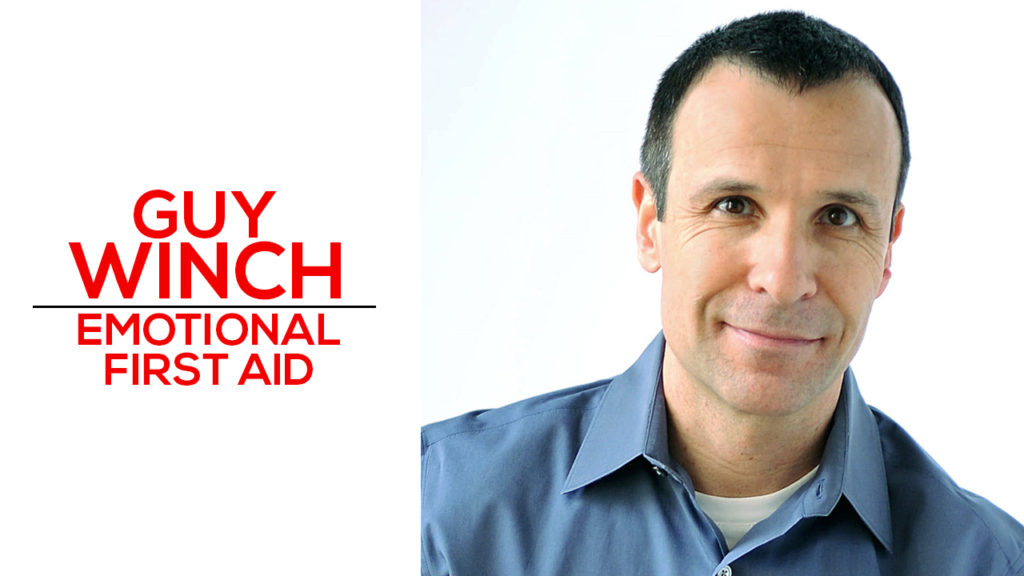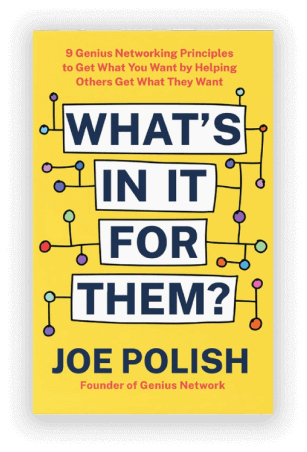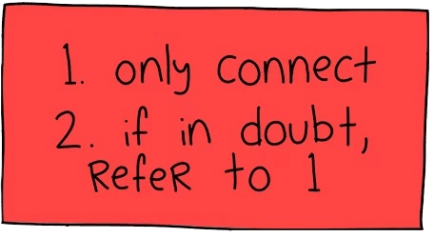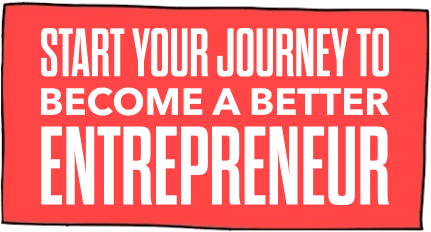
Episode Summary
Guy Winch is a licensed psychologist, author, and popular TED presenter. Dr. Winch received his doctorate in clinical psychology from New York University and completed a postdoctoral fellowship at NYU Medical Center. His books have been translated into twenty-one languages and his TED videos have been streamed millions of times.
Here’s a glance at what you’ll learn from Guy in this episode:
- Emotional First Aid: How to deal with rejection, loneliness, guilt, failure and psychological injuries
- Why Guy wanted to become a psychologist and how he helps his patients heal emotionally
- The Truth About Trauma: Finding purpose and meaning in the face of overwhelming circumstances
- What Emotional Hygiene is and why it’s so important to practice it
- Joe and Guy have a candid discussion about addiction, trauma and pain
- Strategies for dealing with difficult people in your family, work and life
- What to do to increase your quality of life and experience more life satisfaction
- Guy shares how neurochemistry and behavior impact each other
- How to become psychologically stronger and more resilient
- Guy’s best advice for healing your relationships
- Why we develop bad habits (and 3 daily habits that help you feel happier)
WHAT'S IN IT FOR THEM?
Get the first chapter for FREE and a limited-time viewing of "Connected: The Joe Polish Story"
Show Notes
- How do you describe yourself and what you do? 2:20
- Most people who go into psychology are interested in self knowledge. Psychology touches every aspect of life. 3:25
- We spend lots of time dealing with our physical needs but spend almost no time dealing with emotional or psychological injuries. 6:40
- Most people have no idea how to deal with the pain of emotional injuries. 8:00
- Emotional hygiene is about developing and maintaining our emotional health. 8:40
- People will often refer back to their childhood when they asked about a time where their feelings were hurt. 9:20
- We concoct responses in our head when we fail or are emotionally injured and they can keep coming back if the injury is not properly dealt with. 10:40
- If you treat emotional injuries properly, you can often become more resilient. 11:30
- Rumination can become a damaging habit and makes people more at risk for substance abuse disorders. 12:20
- Addiction is one possible response to trauma. It only take a few seconds to suffer a trauma. 16:05
- A regular injury is specific, a trauma is something that impacts your psychological system and can cause you to rethink your views on yourself and your life. 19:00
- It’s not about the objective event but rather the subjective experience of the event. 19:55
- People have certain proclivities when it comes to dealing with injuries. 22:40
- You have to discover the individual way you cope with trauma. 25:15
- “You have to be able to forge some kind of meaning from your trauma.” -Guy Winch 26:45
- “The ability to transform suffering into something useful and transcendent is one of the greatest things you can do in life.” -Joe Polish 27:55
- Hope heals 29:10
- You have to weigh the damage and benefits of being around damaging people. 31:15
- What is the point of staying in a miserable relationship, especially at work? 32:15
- Life satisfaction is way too small a variable when it comes to choosing our careers. 33:30
- Gratitude exercises are the first step in emotional hygiene. 34:30
- The two most common emotional wounds are failure and rejection. You have to look at blind spots when it comes to failure. 36:15
- Your self critical voice is useless. Be coach to yourself instead. 39:10
- When you don’t have a strong sense of identity, it can be violated. 42:40
- “The tricky thing is not sobriety, but the maintenance of sobriety.” -Guy Winch 43:55
- Addiction becomes central to your identity. 44:20
- Brain chemistry affects our behaviour, but our behaviour can also affect our brain chemistry. 50:05
- Couples tend to have the same arguments over and over again. Change the script. 54:45
- Become curious and try different things if something isn’t working. 56:00





